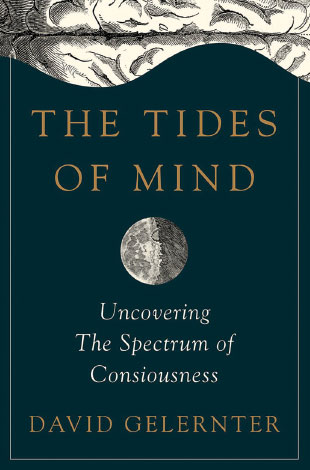 LIVERIGHT, MARCH 2016Many scientists who study the mind live in fantasyland. They ought to move back to reality: neuroscientists, psychologists, computer scientists pursuing artificial intelligence, and the philosophers of mind who are, in many cases, the sharpest thinkers in the room.
LIVERIGHT, MARCH 2016Many scientists who study the mind live in fantasyland. They ought to move back to reality: neuroscientists, psychologists, computer scientists pursuing artificial intelligence, and the philosophers of mind who are, in many cases, the sharpest thinkers in the room.
The mind makes us rational. That mind is the one we choose to study. When we study sleep or dreaming, we isolate them first—as the specialized topics they are. But, as I argue in my new book The Tides of Mind, we will never reach a deep understanding of mind unless we start with an integrated view, stretching from rational, methodical thought to nightmares.
Integrating dreaming with the rest of mind is something like being asked to assemble a car from a large pile of metal, plastic, rubber, glass, and an ocelot. Dreaming is hallucination, centering on a radically different self from our waking selves, within unreal settings and stories. Dreams can please or scare us far more vividly than our ordinary thoughts. And they ...




















